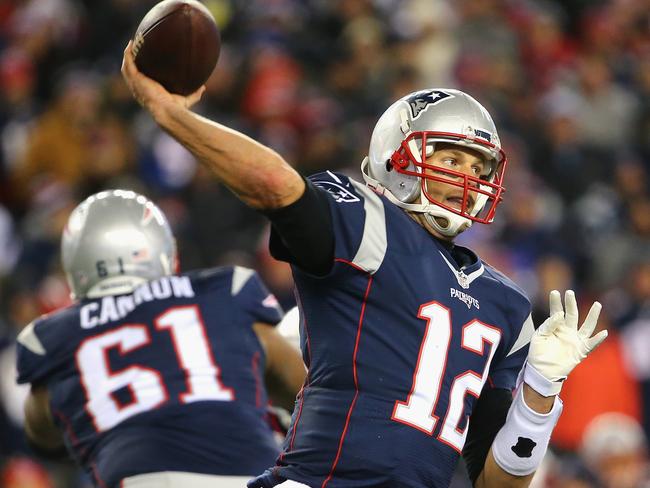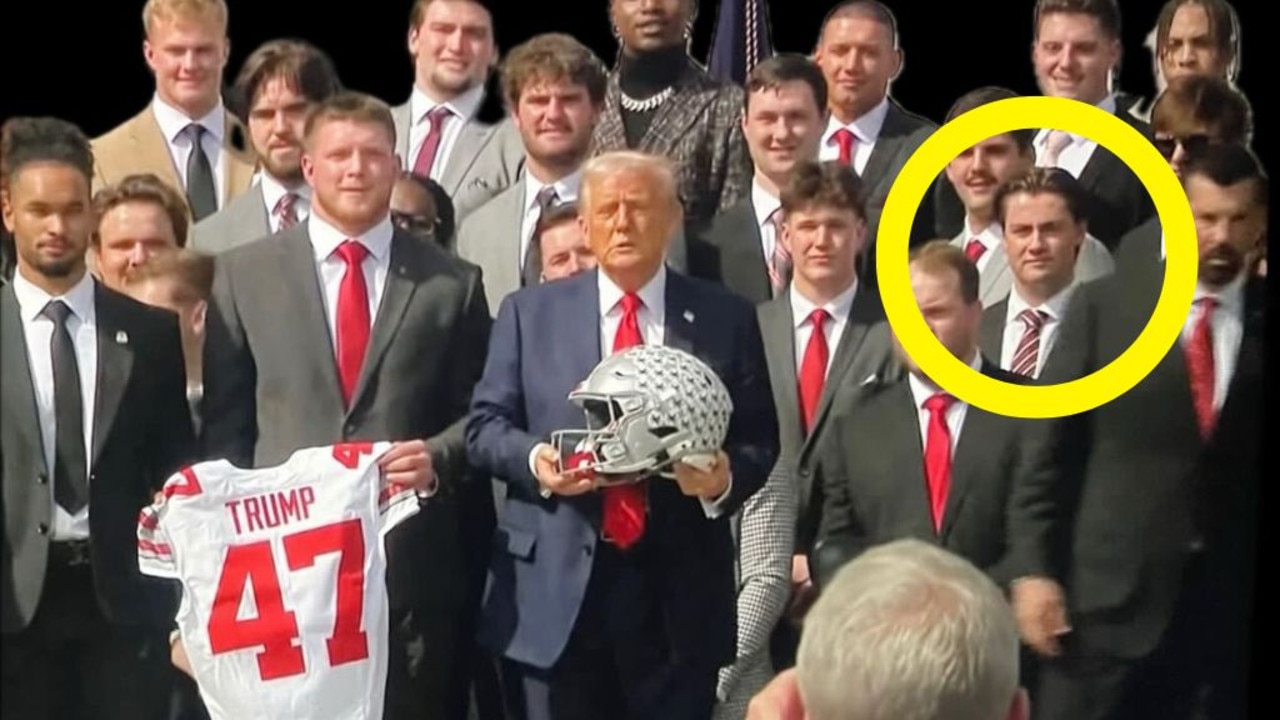Glendale, Arizona, paid the price for hosting the Super Bowl in February 2015
HOSTING the Super Bowl should be a time of celebration and prosperity, but this American city obviously didn’t get the memo.

American Sports
Don't miss out on the headlines from American Sports. Followed categories will be added to My News.
GLENDALE won’t be hosting the Super Bowl again anytime soon.
Not because they won’t want to, but because they won’t be able to afford to.
The city in Arizona hosted the Super Bowl between the New England Patriots and the Seattle Seahawks in February this year (which the Patriots won 28-24), but the event was more bust than boom for the citizens of Glendale.
According to a city assessment of the expenditure and income associated with hosting the biggest game of the NFL calendar at the University of Phoenix Stadium, analysts put forward four possible financial outcomes, and they weren’t pretty. They include:
A gain of $18,000.
A loss of $802,000.
A loss of $914,000.
A loss of $1.66 million.
Differing options were provided in the 33-page report because it used different estimates for salary and tax receipt issues that were not 100 per cent clear, but the most likely result is that the city lost $802,000.
It’s a remarkable assertion given one of the usual bright spots in hosting a big sporting event such as the Super Bowl is the economic windfall brought in by increased tourism and the spending that comes with that.

Arizona State University earlier conducted its own report into February’s Super Bowl , which found the whole week leading up to the game had a $997 million impact for the whole state. But hardly any of this benefit was seen by Glendale itself.
This was recognised by interim assistant city manager Tom Duensing.
“It cost us money, but the bigger picture is we knew that going in,” Duensing told The Arizona Republic.
“It’s kind of us stepping up for the region to do this, because regionally, this is a very, very good thing.”
Vice mayor Ian Hugh also reflected on this.
“It’s more of a value to the whole state, isn’t it?” Hugh was quoted as saying in The Republic. “We just happen to brunt a lot of the cost.”
Arizona Cardinals president Michael Bidwill flat-out dismissed the report’s findings, saying they lacked credibility.
“I don’t know how they measured it, but there’s no doubt in my mind that — like in the past — it’s been a huge economic impact to the city of Glendale,” Bidwill said.
“To the idea that they say there was a negative one, I think it’s not a credible statement.”
The report found some of Glendale’s biggest expenses were to do with providing fire fighters, transport services and police.
114.4 million people watched this year’s Super Bowl, making it the most-watched broadcast in US TV history.
Despite the negative economic consequences of hosting the Super Bowl this time around, Ian Hugh said the city would relish the chance to do so again.
“I’ll bet we’ll negotiate and offset some of the public-safety costs,” Hugh said. “I look forward to the next Super Bowl. We have a great stadium.”
Originally published as Glendale, Arizona, paid the price for hosting the Super Bowl in February 2015


